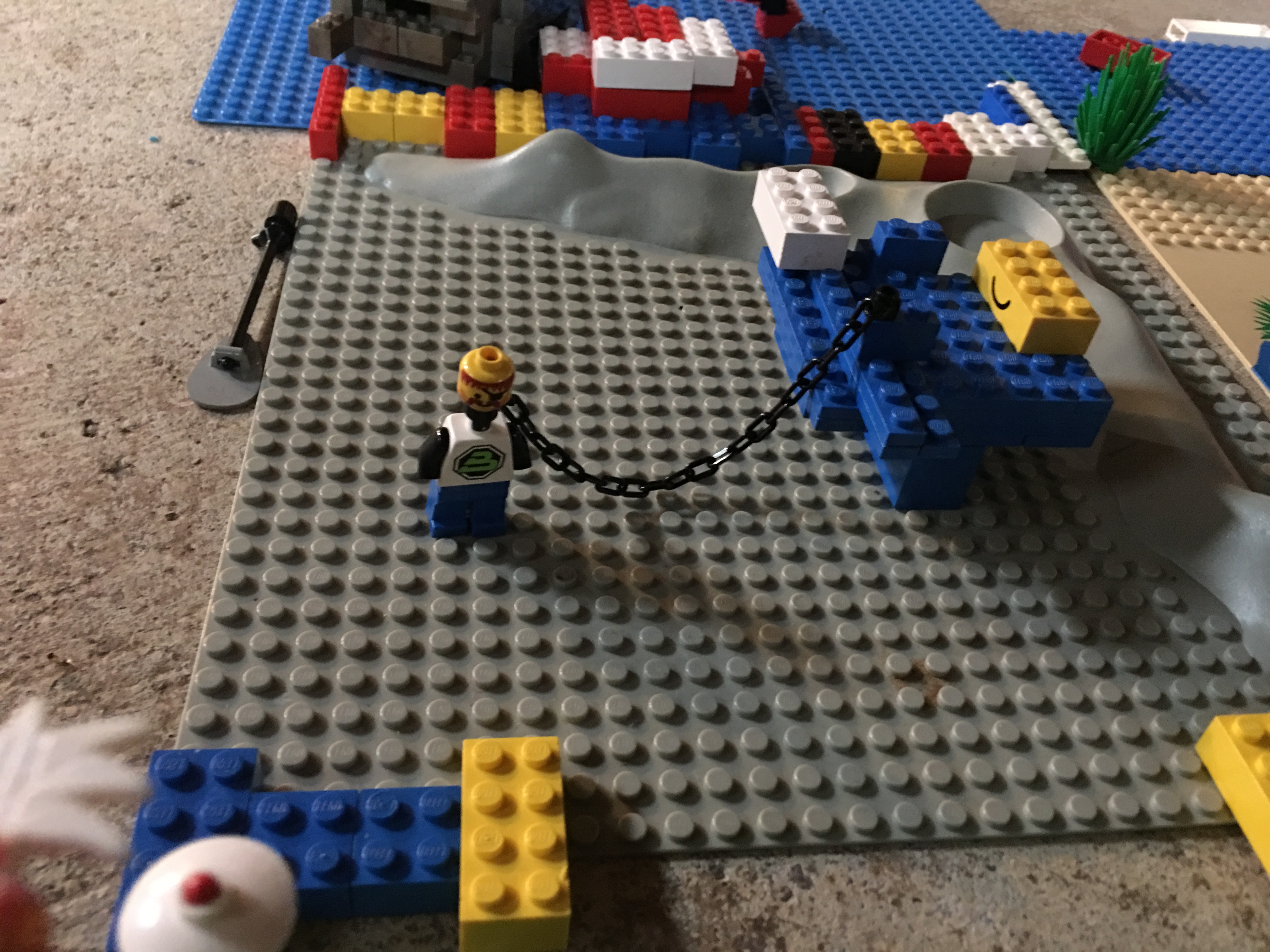I enjoy the free Xbox Games With Gold system. It allows me to game noncommittally, freed from an obligation had I actually purchased the game. And, I get to dabble with game genres I wouldn’t normally touch, or experiment with a game that just didn’t look very interesting.

So it was that I found myself playing Star Trek Online, although not technically an Xbox Games With Gold freebie, since the developer/publisher had long-since released it under a “free to play” model. Turns out it’s been free to play for over 5 years. Technically, it’s an MMO, and again I’ll mention my general lack of interest for that genre, but it’s difficult to find a fun multiplayer cooperative story-mode game, so when my old college friend Joe (of our informal gaming clan Alpha Pwn) found the game, it sounded like cheap entertainment to accompany an evening of bourbon while Liz was out getting a massage.
Game downloaded, we began. First, though: character creation, the nemesis of impatient gamers everywhere. As I was not impressed with any aspects of the game by this point, and having imbibed a sufficient amount of bourbon as would befit a Friday evening, my normally pretentious gaming demeanor had given way to my Mr. Hyde side and I succumbed to vulgarities. The already-irritating customization screen conjured forth adjectives. Pudwhacker–more of a descriptive noun really–a word whose primary meaning had fallen into obscurity over its adapted use, like douchebag. That would make a fitting name for a dumb character in a dumb game. But, I had chosen to play as a Klingon, and that didn’t sound very Klingon-y. Briefly consulting my memory of silver-screen Klingons, I remembered large violent and ugly humanoids, perpetually angry, constantly spouting loud and hard consonant-laden interjections of discontent, like “Kur-pla!” and “Kodak!”. I therefore adapted Klingon language and mannerisms to Klingon-ize the name, and became Kur’P Ud Wakk!
I also had to name my ship. Again I lapsed into thought, ultimately realizing that when Klingons speak, it sounds like they’re hacking up furballs. As a continuation of this theme, I named my ship the Bile Hurk! I shall be Kur’P Ud Wakk of the Bile Hurk! So let it be written.

The theme for the game now having been set, Joe was obliged to follow suit, and so chose the name Hugh Janus. Together, Kur’P Ud Wakk and Hugh Janus shall seek glorious battle!
But first–the agonizingly lengthy tutorial, which we each had to complete on our own. Okay, so glorious team battle would have to wait. Apparently this game had a story.
[SPOILERS]
I’m not sure how accurate these spoilers will be, since I’m writing them from memory, but there’s your courtesy warning.
I began as the second officer of the Bile Hurk, doing menial second officer things apparently, like activating a terminal so I can learn how to push “A”, then going to the holodeck for simulated battle, i.e. pushing the right trigger. A few disruptor shots later and I was apparently very tired, because I was then told to go to sleep…on the cot in the middle of engineering? Okay, sleepy time.
There was a lot of talking to crew members too, presumably to establish the backstory. It wasn’t riveting storytelling so I don’t remember much (also, bourbon). But then, the Bile Hurk fell under attack! Glory! Fortunately, I had just completed that refresher battle training, so I was well-versed in looking at enemies and pressing the right trigger. We were being boarded without a space battle because of some shenanigans on the captain’s part.
Boarding parties eliminated, I booted up the ship defenses or something, which involved me walking up to a terminal and pushing “A”. Then I had to talk to the wounded crew, also by pushing “A”, because wounded Klingons need a little peptalk too. Thankfully, that was the first training I had received on board the Bile Hurk–pushing “A” at that terminal to transfer crew orders. In times of crisis, one should always fall back on their rigorous military education.
But then it was time to call out the captain for his traitorous actions. I went to the bridge, and discovered that he had killed his first officer for some reason along the lines of “she did stuff I didn’t like”. Sometimes I wish I could really be a Klingon. Anyway, because the captain did stuff I didn’t like (namely, letting boarding parties beam aboard and attack us–something generally uncool), I challenged him to glorious single combat in the ancient right. He accepted, and I immediately defeated him by…you guessed it…pressing the right trigger. He dropped from a single disruptor blast, which in hindsight wasn’t very Klingon-y, but it was the weapon I had equipped at the time. I’ll just tell everyone that he died honorably so his family won’t come after me. You know: Klingon code and all.
Finally, I was captain and the master of my own fate, right?
–Simon





